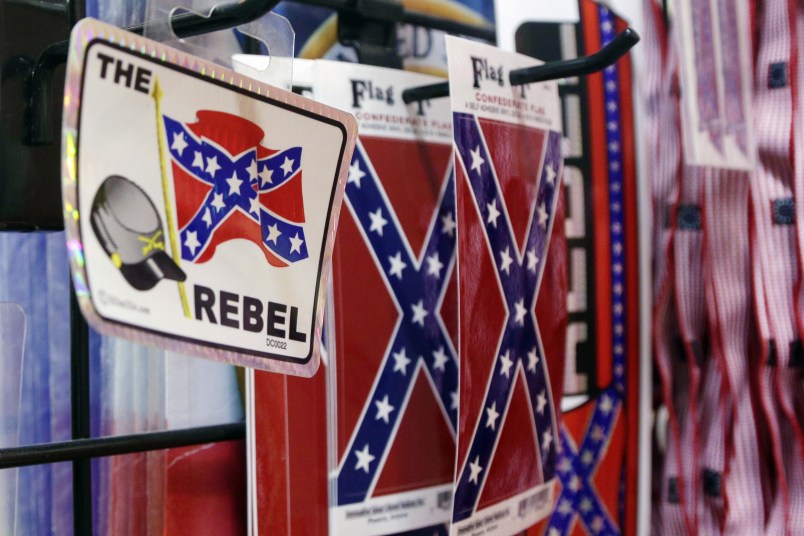Removing Confederate flags from the South Carolina statehouse is a “meaningful gesture,” but more must be done to reform laws that would benefit African-American citizens, the brother of a Charleston church shooting victim wrote to the Washington Post Wednesday.
A racially-charged shooting in Charleston’s Emanuel African Methodist Church at the end of June left nine people dead.
Malcolm Graham, brother of victim Cynthia Graham Hurd and a former N.C. state senator and former Charlotte city councilman, gave several suggestions to further progress:
In the days after the shooting, South Carolina honored those killed by removing the Confederate flag from the state house. It’s a meaningful gesture. But we cannot stop there.
Ultimately, the flag is just a symbol. Its removal must be the beginning of bigger reforms that empower America’s African Americans. That might mean opposing restrictive laws that prevent minorities in America from voting or pushing states to expand Medicaid and embrace the Affordable Care Act or fighting bias in the courts, which place too many African Americans behind bars for long sentences for minor offenses or before their cases have been heard.
It must also mean addressing the disparity in education funding or the fact that in states such as North Carolina and South Carolina, historically black colleges and universities get funded disproportionately to white institutions. It has to be about confronting the unconscious bias that means that the white Sarah Johnson with a stellar résumé gets a job, while the black Shamika Johnson with the same accolades can’t even get an interview.







